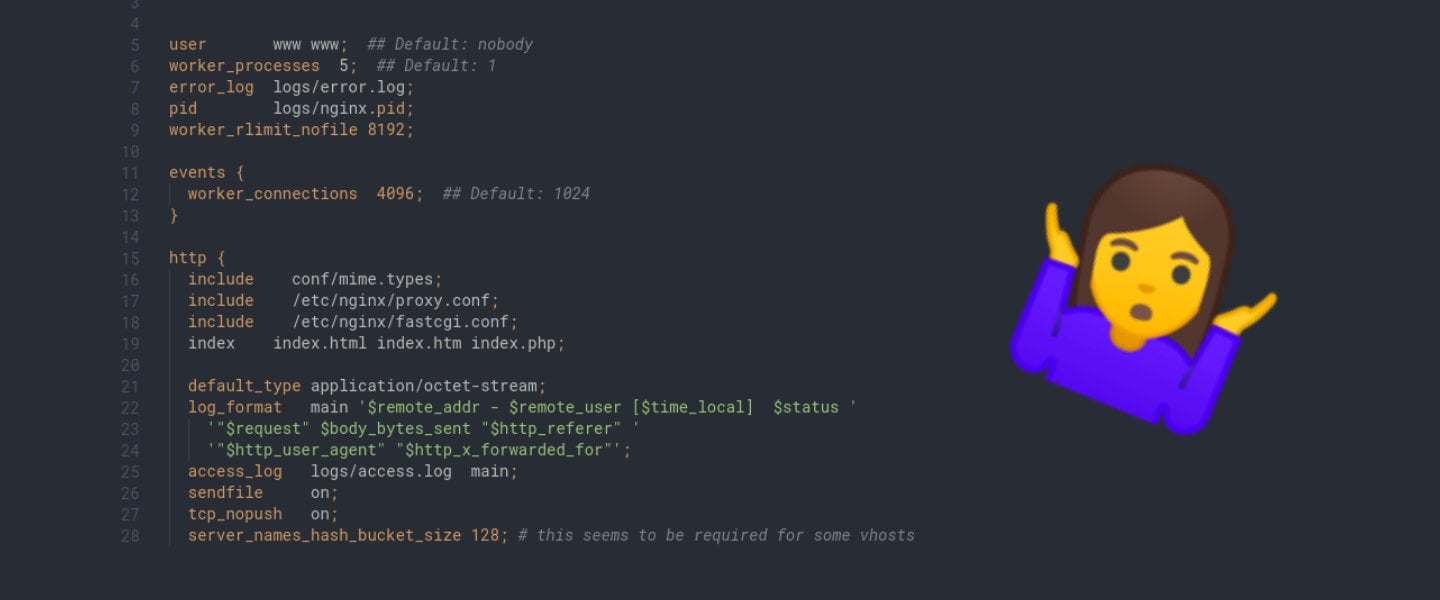Introduction
Apache CouchDB is an open source, NoSQL database system that is designed for storing and retrieving data in the form of documents. It uses a document-oriented data model, which makes it an ideal choice for applications that need to store large amounts of data and support replication and synchronization.
CouchDB is designed to be highly available, reliable, and fault-tolerant. It stores data in a JSON document format, which is how it allows for replication and synchronization. It also offers a powerful query language that allows for ad hoc queries and indexes.
In addition, CouchDB includes features such as versioning, conflict resolution, and data validation. It also supports ACID-compliant transactions and version control, which allows for easy recovery of data in the event of a crash.
CouchDB is a great choice for applications that require scalability, high availability, and flexibility. Additionally, CouchDB is a great choice for applications that need to replicate and synchronize data across multiple nodes.
In this tutorial, you'll learn how to install CouchDB on your Ubuntu server.
Prerequisites
- Basic knowledge of the Linux command line.
- An Ubuntu 22.04 server with a non-root user with
sudoprivileges. You can get affordable, and powerful Ubuntu servers from our website, and you can check out our How to access your server using SSH guide to learn how to access your server and create asudouser.
Updating the Package Cache
Start by updating the packages in the package manager cache to the latest available versions using the following command:
sudo apt updateInstall Required Dependencies
Before you install CouchDB, you first need to install a few required dependencies:
sudo apt install -y curl apt-transport-https gnupgSetting up the Apache CouchDB Repository
To set up the Apache CouchDB repository, run the following commands:
curl https://couchdb.apache.org/repo/keys.asc | gpg --dearmor | sudo tee /usr/share/keyrings/couchdb-archive-keyring.gpg >/dev/null 2>&1
source /etc/os-releaseNext add the CouchDB repository to the apt repository list:
echo "deb [signed-by=/usr/share/keyrings/couchdb-archive-keyring.gpg] https://apache.jfrog.io/artifactory/couchdb-deb/ ${VERSION_CODENAME} main" | sudo tee /etc/apt/sources.list.d/couchdb.list >/dev/nullInstall the Apache CouchDB packages
First update the package cache:
sudo apt updateThen install CouchDB using the following command:
sudo apt install -y couchdbDuring the installation process, you'll be asked to choose the CouchDB server configuration type that best meets your needs. For single-server configurations, select standalone mode. This will set up CouchDB to run as a single server.
For clustered configuration, select clustered mode. This will prompt for additional parameters required to configure CouchDB in a clustered configuration.
For our purposes, we'll choose to configure CouchDB in standalone mode.
Once you select standalone, you'll be prompted to select an Erlang magic cookie, which is a unique identifier required to authenticate all nodes in a CouchDB cluster, choose a word of your choice and hit ENTER.
For the interface bind address, set the 0.0.0.0 value.
Once you set the interface bind address, you'll be asked to set a password for the admin user, select a powerful password and then re-enter it.
Once you configure CouchDB, the installation will continue.
Once the installation finishes, you can access your CouchDB web interface via the following address:
http://your_server_ip_address:5984/_utilsReplacing your_server_ip_address with the IP address of your Ubuntu server.
Congrats
You can now use CouchDB to create reliable applications and manage your NoSQL database in an efficient and easy way. To learn more about CouchDB, check out the official documentation.
Important Note
What we’ve done in this article is suitable for testing purposes and personal use, whereas if you want to publish your site to production, and securely process your online transactions, we do suggest you check our Secure Your Site Using HTTPS blog article, that explains in detail how to secure your site with SSL certificates.
A note about tutorials: We encourage our users to try out tutorials, but they aren't fully supported by our team—we can't always provide support when things go wrong. Be sure to check which OS and version it was tested with before you proceed.
If you want a fully managed experience, with dedicated support for any application you might want to run, contact us for more information.




